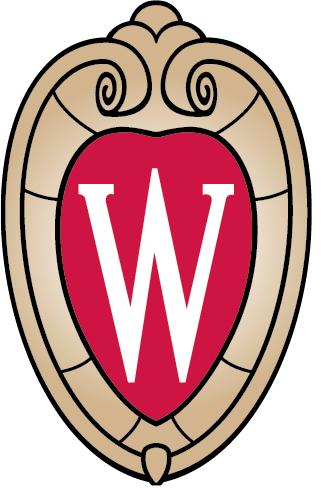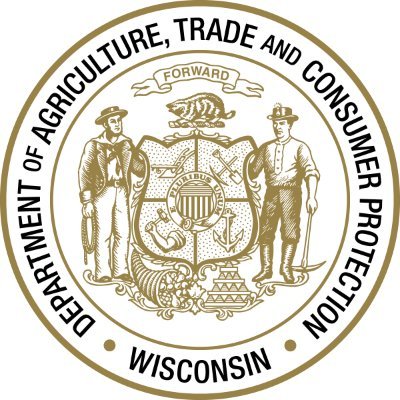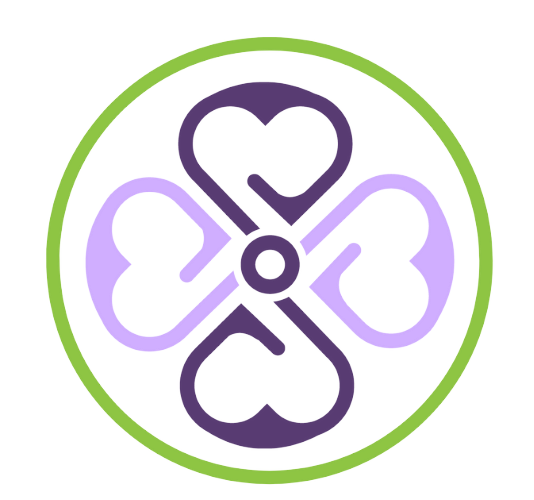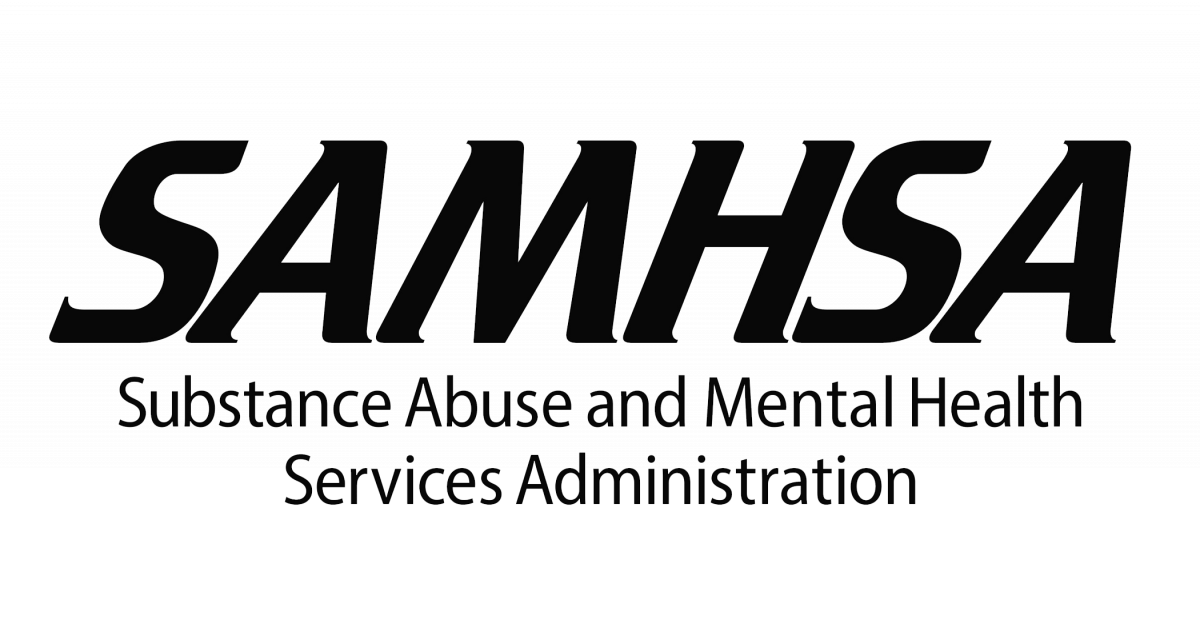Resource Library

For immediate assistance, please call or text 988, the National Suicide and Crisis Lifeline
Encontrar tratamiento en Español
Informational Resources
Mental Health & Substance Use
The Science of Addiction from the National Institute on Drug Abuse
Overcoming Stigma Resource Guide from SAMHSA
An Increasingly Common Opioid Additive: Xylazine Fact Sheet
Is it Stress or Anxiety?
Helping Someone in Emotional Pain
Challenging, Sustaining, and Evolving: An Anthology on Youth Mental Health Advocacy (and Hope)
Articles
Intergenerational Trauma: Definition, Health Affects, and How to Cope
9 Keys to Healing from Adverse Childhood Experiences
Building Resilience: It Is Never Too Late
Why It’s So Important to Teach Kids Kindness
Rural Health
Site Offices with Rural Resources

National Organization of State Offices of Rural Health
Rural Information From Around the Great Lakes Region
Video: How Rural Communities Are Tackling a Suicide and Depression Crisis Among Farmers
Articles
Why Mindfulness is Essential for Farmers and Their Health
Wisconsin-Based Resources
Technical Resources
Technical Assistance Centers (Partners)
Technology Transfer Centers – The purpose of the SAMHSA-funded Technology Transfer Centers (TTC) is to develop and strengthen the specialized behavioral healthcare and primary healthcare workforce that provides prevention, treatment, and recovery support services for substance use disorders and mental illness.
Community Toolkits
Compassion Resilience Toolkit by WISE
Farm Stress Grab and Go Kits by MHTTC
Wisconsin Farm Center Social Media Toolkits by DATCP
You First! Wellness Kit by University of Minnesota Extension
Rural Community Toolbox by the University of North Dakota Center for Rural Health
Farmland Access Legal Toolkit by the Center for Agriculture and Food Systems
Naloxone Education for School Nurses Toolkit by the NASN Learning Center
A Guide for Child and Family Advocates by the Frameworks Institute
Targets & Agents of Change Toolkit by Community Toolbox
Life Saving Overdose Prevention and Response Services Toolkit by University of Minnesota Extension
Maintaining Fidelity to ACT (Assertive Community Treatment) from SAMHSA
Engaging Community Coalitions to Decrease Opioid Overdose Deaths from SAMHSA
ORCCA Practice Guide by SAMHSA
Reimagining Recovery Toolkits
Digital Resources
Podcast Resources
Podcasts are great ways to get information and can be very engaging. They can be enjoyed while doing other activities like exercising or driving. Here are several that we have curated.
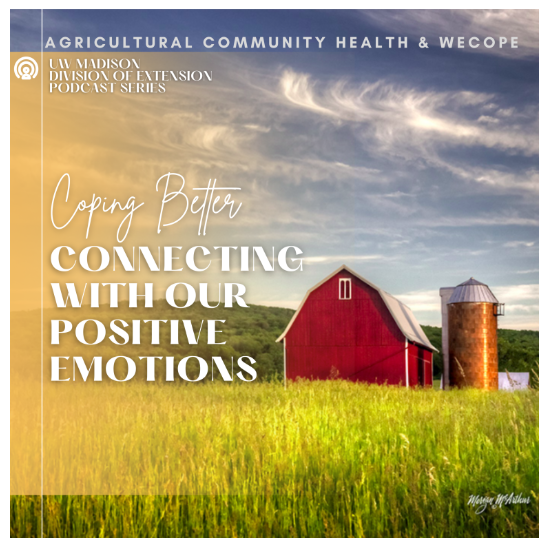
Coping Better: Connecting With Our Positive Emotions Podcast
A podcast about building positive emotions for farmers, farm families and agricultural professionals highlighted through the voices of those working, living and experiencing the joys and challenges of agriculture.
7 Episodes
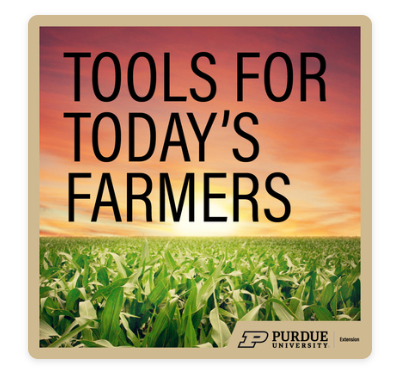
Tool’s for Today’s Farmers Podcast
Today’s Farmers weather more stress than ever before. Our podcast seeks to share important information, tools, and hope through interviews with experts in Agriculture and special guests from Purdue University. The Tools For Today’s Farmers podcast is brought to you by the Purdue Extension Farm Stress Team. #farmstrong
Every other week since 2020
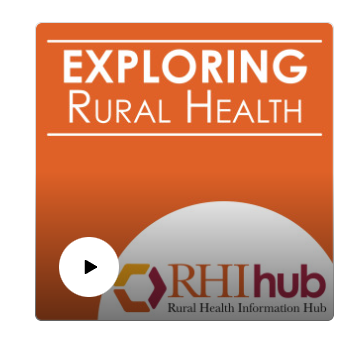
Exploring Rural Health Podcast
Exploring Rural Health is a podcast from the Rural Health Information Hub. In each episode, we’ll provide you with engaging and useful information about current issues facing rural healthcare, and talk to the people who are coming up with solutions. We’ll learn about various aspects of rural healthcare, from quality and access to programs and services. Join us each month, as we discuss new research, program implementation, and funding, here on Exploring Rural Health!
10 episodes (and growing)
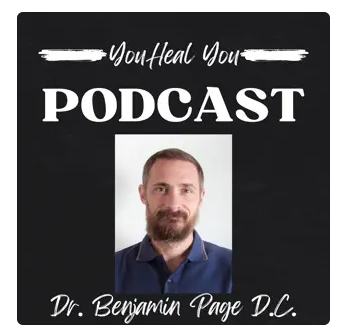
You Heal You Podcast (formerly the Wellness Farmer Podcast)
Ben is a father, a husband, author, podcaster, meat eating, garden growing chiropractor. He is on a mission to bring our connection to nature and earth into the forefront of our journey for greater health and well-being. He believes enjoying the earth beneath us is the only way to achieve sustainable health as an individual and continuous sustainability for the human race as a whole.
16 Episodes
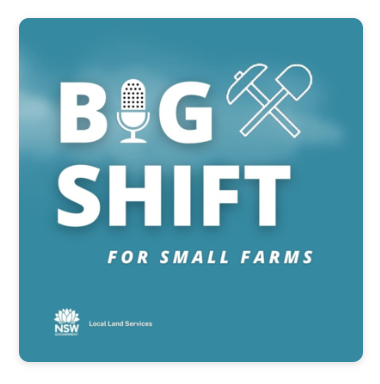
Big Shift for Small Farms Podcast
From soil health to mental health we are discussing the need for A BIG SHIFT in #faming and #agricultural systems. Each episode brings together insights from #farmers, scientists and industry to share and grow knowledge about holistic and regenerative farming practices. Based on the Australian landscape, but applicable to rural communities across a variety of cultures.
33 Episodes
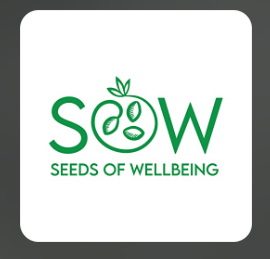
SOW (Seeds of Wellbeing) Podcast
Brought to you by University of Hawaii College of Tropical Ag. and Human Resources (CTAHR), and the Seeds of Well-being (SOW) Project. This podcast is supported by the Farm and Ranch Stress Assistance Network (FRSAN) grant from the U.S. Department of Agriculture, National Institute of Food and Agriculture and Hawaii Department of Agriculture.
40 Episodes
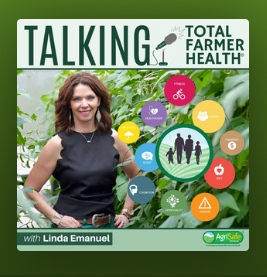
Talking Total Farmer Health Podcast
AgriSafe has long been a trusted voice in the health and safety of the people who feed the world, and we’re excited to bring that to you in a new format. Tune in every month to hear the latest from health and safety experts in agriculture. Together we’ll tackle the safety issues important to the producers and ag workers.
30 Episodes
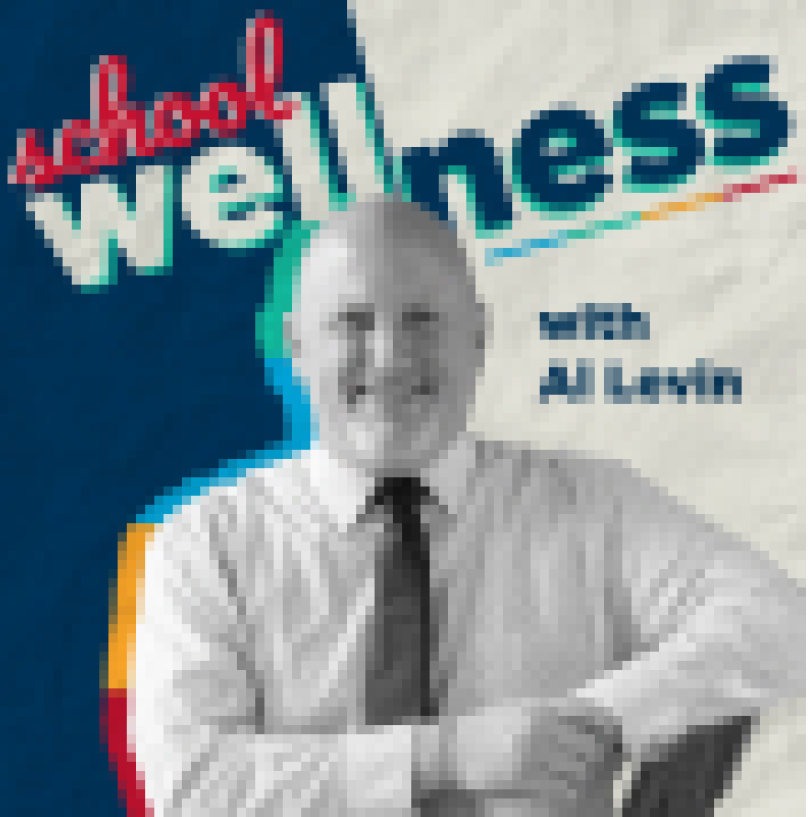
School Wellness Podcast with Al Levin
6 Episodes (and growing)

Avoiding the Addiction Affliction
3 Episodes (and growing)
YouTube Channels
These are some partner channels combining lived experience, content specialists, and evidenced based knowledge to topic conversations in the area of prevention, recovery, stigma prevention and more. If there is something you wish to see added here, reach out and let us know!
Speak Out on Stigma – produced by Wisconsin Voices for Recovery, Wisconsin’s only statewide recovery network currently supported by the Wisconsin Department of Health Services, Division of Care and Treatment Services.
Micro Learning Videos for Caregivers of Young Children – produced by the Office of Children’s’ Mental Health, Wisconsin’s only statewide recovery network currently supported by the Wisconsin Department of Health Services, Division of Care and Treatment Services.
Explaining Mental Health and Mental Illness for Elementary Aged Students – produced by NAMI Wisconsin, an organization of families, friends and individuals whose lives have been affected by mental illness. Together, we advocate for better support, resources and recovery for all. English/ Spanish
How the body keeps the score on trauma – Acclaimed psychiatrist Bessel van der Kolk, author of “The Body Keeps The Score,” discusses the widespread existence of trauma and how it manifests in our bodies.
Supportive Apps
Mental health apps are a simple way to work on your mental health. Mental health apps aren’t designed to diagnose a condition or substitute care from a mental health professional. Still, they can support your overall mental health. Apps are a convenient way to get extra support between therapy sessions or office visits, and they can offer continued support after graduating from therapy. Mental health apps may provide activities, encouragement, and other techniques to practice daily. Many types are based on research and therapy techniques to provide evidence-based interventions.
A quick look at the best mental health apps (updated for 2025)
Healthline Review conducted a rigorous vetting process of many mental health apps available online. They factored in many aspects, like if the company promotes a healthy approach to well-being and adheres to industry best practices. When choosing the best mental health apps, they considered the types of features available and if they were evidence-based. They also read dozens of customer reviews and considered the cost of the apps.
- Best overall: Daylio
- Best for therapy: Talkspace
- Best for sleep: Calm
- Best for OCD: NOCD
- Best for meditation: Headspace
- Best for breathing exercises: iBreathe
- Best for anxiety: MindShift CBT
- Best for substance use disorders: I Am Sober
- Best for mood: Happify
- Best for eating disorders: Recovery Record
- Best for drinking less alcohol: Reframe




